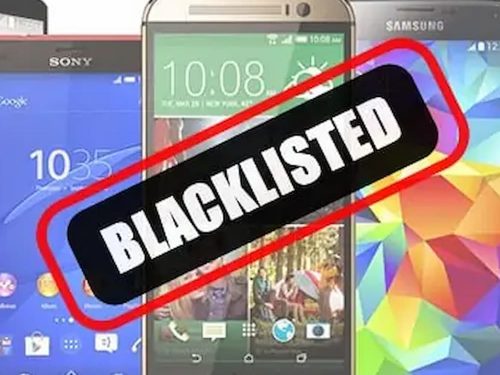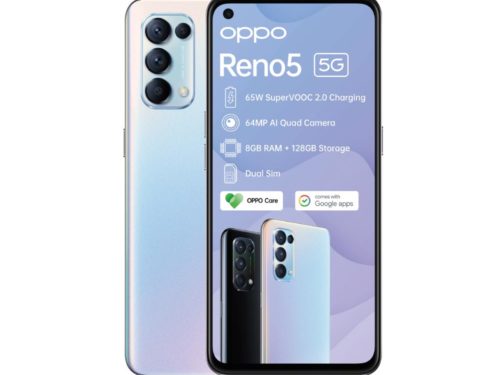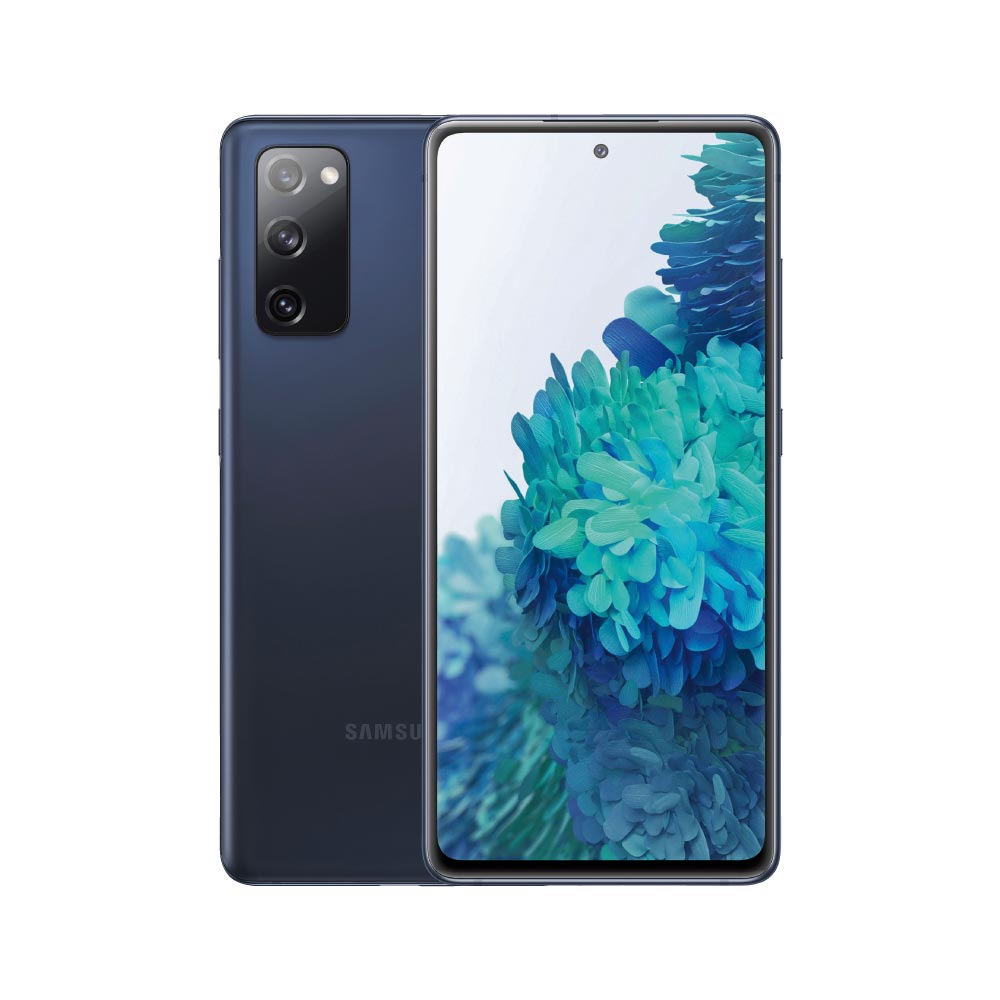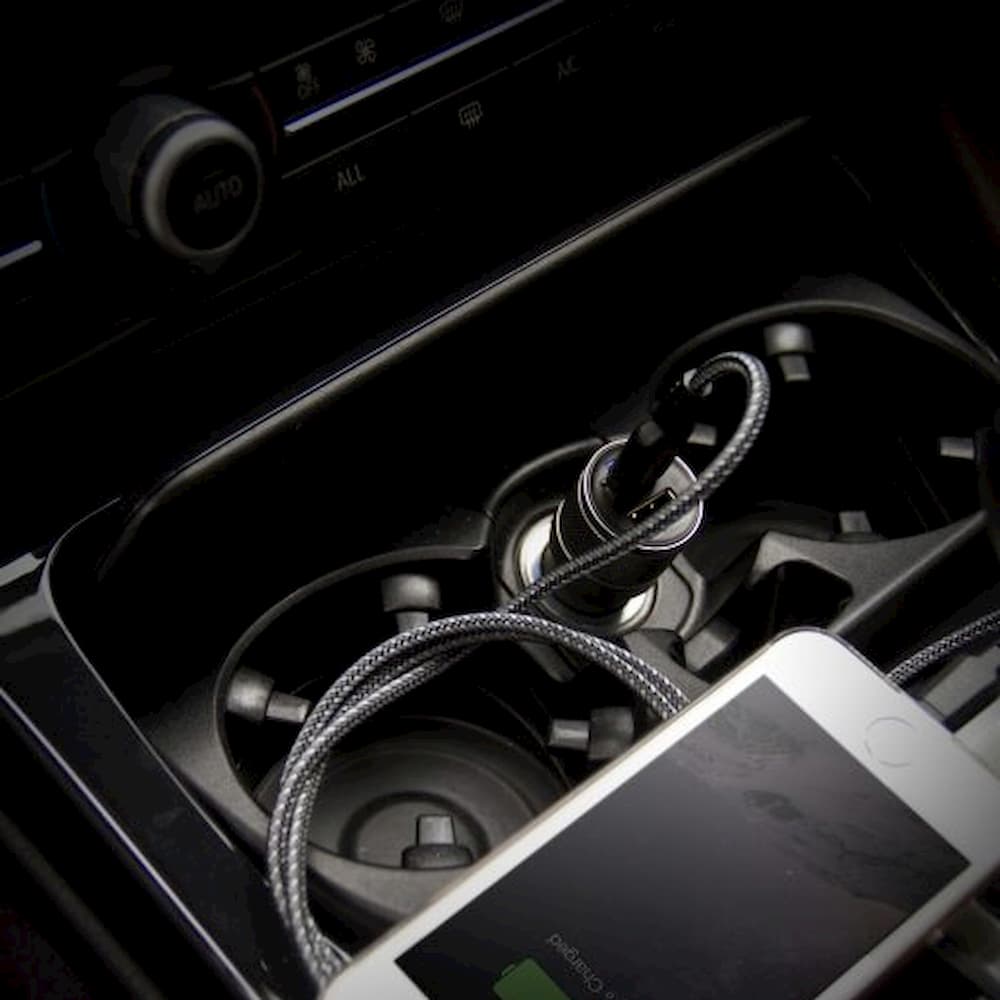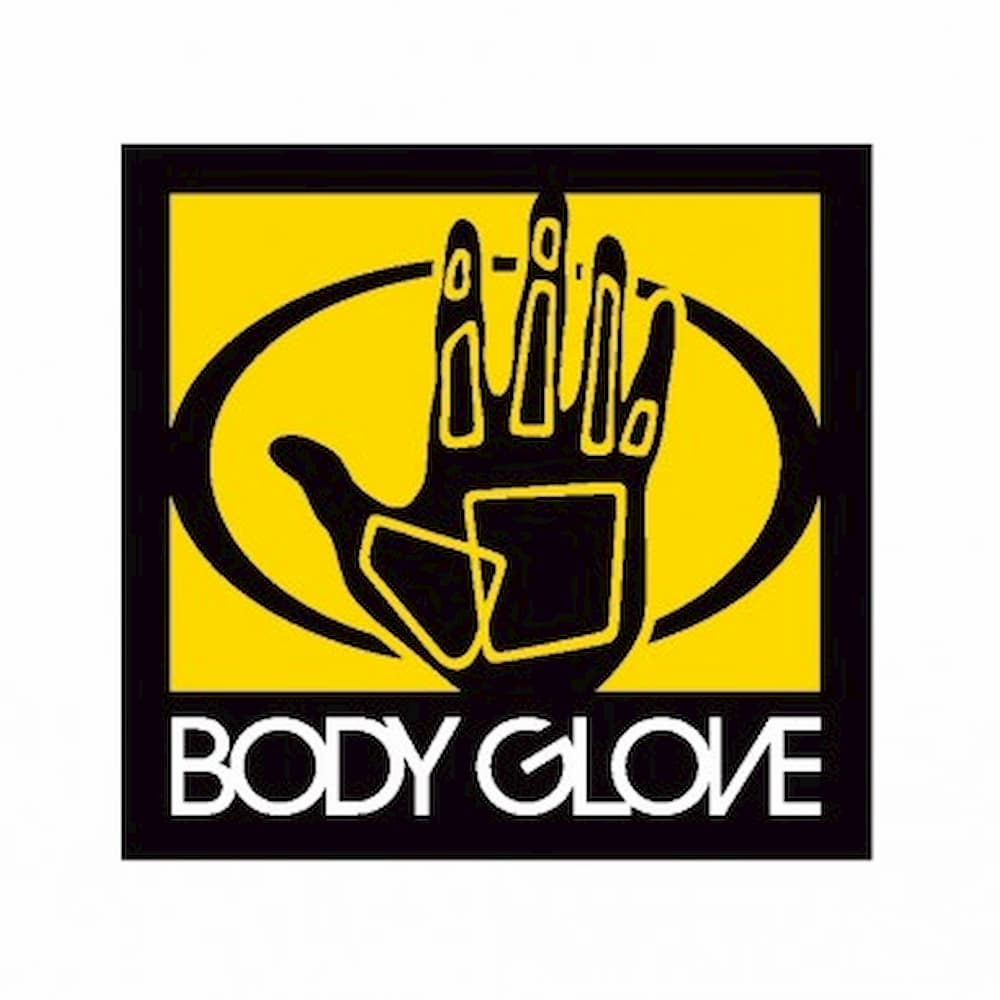Retailers affectionately call this time of the year “silly season” – the time when the kids are on holiday, malls are at their busiest and Christmas shoppers are queueing for the next 20% off sale. I can already feel my blood pressure rising as I am typing!!!
For those of us who hate crowds, have no time (or patience) to shop in malls, want to compare pricing or just want to browse for the latest products, online shopping can be your life changer.
Hosted e-commerce shopping templates like Shopify and WIX, have made it relatively cheap to build fully functional and professional looking e-commerce shops. This has opened the world wide web to small and micro enterprises that would previously never be able to afford building an e-commerce site.
However, for all the positives, e-commerce also has a negative side. In the online world, you don’t get to touch, feel or try products before placing an order. In the last few weeks I have heard many stories about cheap knock-offs disguised as “great deals”, fake make-up causing bad skin burns and an increase false advertising or just plain no delivery on orders.
Working in the online arena, I find myself frequently putting our clients’ minds at ease about ordering with Cellucity online. So, I thought I would share things to look out for before placing an order or entering personal details online:
Shop with trusted brands:
- Stick with trusted and established retailers and e-tailers.
- Search for previous customer comments and ratings. Take special note of complaints like late or non-delivery. Newer and Smaller companies may offer great products but they are not always scalable and may have poor cash flow making them unable to honour orders.
- Check the company business details: physical address, e-mail address and phone number. If you are unsure, give the company a call and speak directly to someone working there.
- Be careful of online companies using free email services like G-Mail. Most professional server hosts include an official company domain e-mail address in their service.
Check the authenticity of the site you are shopping on:
- Does the online site really represent the brand it is portraying? Online fraudsters can build a site using branding and marketing elements that looks almost identical to the real company. Checking the company name, spelling and for funny or odd characters that are out of place in the URL.

- Don’t click on a link to a website via an e-mail or unconfirmed social media campaign. Deception is rife and quite often the actual retailer can become a victim of online business identity theft. By using clever e-mail and social media advertising fraudsters can lure unsuspecting shoppers to these fake sites. Always type a company’s web address directly into your web browser – if you found a deal on social media, you WILL find it in the company’s online store.
- Facebook has become a massive part of e-commerce marketing. If you find something that interests you on Facebook, make sure to check the company or brand has been verified by Facebook – look for the little grey or blue block next to the company name on their FB page. This is a new feature so it may take some time companies to catch on.
Website encryption and safety
- The infamous HTTPS is there to protect you – look out for the little padlock in the search bar and check the website address begins with HTTPS. This means a site is securely encrypted. Google has recently vetted all security certificates to make sure the standard for all HTTPS sites is high. Every reputable e-tailer has updated their security protocols so, if you see a pop-up message warning you of a security concern, heed the warning.
- Check the payment gateway being used by the website. What is a payment gateway? This is the middleman between the various banks and the online store. They run the super secure point where you enter your payment details (usually credit cards). They then transfer the encrypted information to your bank for processing. Payfast, Paygate and PayU are some of the main trusted players in South Africa.
- While many customers are wary of entering credit card details online, this is actually one of the safest ways to buy something online. If your order has not been delivered or is completely unfit for purpose, contact your bank who are required, by law, to investigate and reverse the transaction.
- Make sure you have installed a good anti-virus on your computer (or smartphone). E-tailers can do everything to protect their sites but it counts for nothing if YOU are the weak link.
- Look for the e-tailers privacy statement. If a company cannot commit to keep your personal information private, should you be handing personal information over to them?
- Be very cognisant of the information an e-tailer is requesting. Only provide what is necessary. Unless you are completing a credit application or a legal contract, there is no need for an no e-tailer to require your ID number.
- Trust your gut, If it feels wrong it may very well be.
Quality
- An online shopping rule I live by – if something seems too good to be true, it probably is!
- Just because a site is legit does not mean its products are up to scratch. A colleague recently bought a jersey from an international online e-tailer only to receive something that looked more like a dishcloth than a fashion piece.
- That’s not to say though that great deals cannot mean great quality. Read the comments on about the site and previous user experiences. And ALWAYS be extra very careful when purchasing discounted products for your face and body. Increasingly we are finding these products are parallel imports of inferior quality and even expired or counterfeited with damaging chemicals in them.
Returns Policy
- More often than not shoppers tend to skip the fine print. This can contain tell-tale signs of a fake site.
- Check for policies that are acceptable to you. If they are unclear get more clarity. If they are unreasonable (especially in the event of a return) give it a pass.
- Online shoppers also need to have reasonable return expectations. Just because you have purchased something online doesn’t mean it is a “try before you buy service”. You should expect the same level of service you would expect by a bricks and mortar retailer.
I am definitely not trying to scare you off e-commerce – I spend much more than my fair share shopping online. It has become a wonderful tool of convenience and the more you do it, the more comfortable you will feel. BUT, take the time to learn about the company you want to spend your hard earned moola on – it can save you a lot of hassle and heartbreak.


